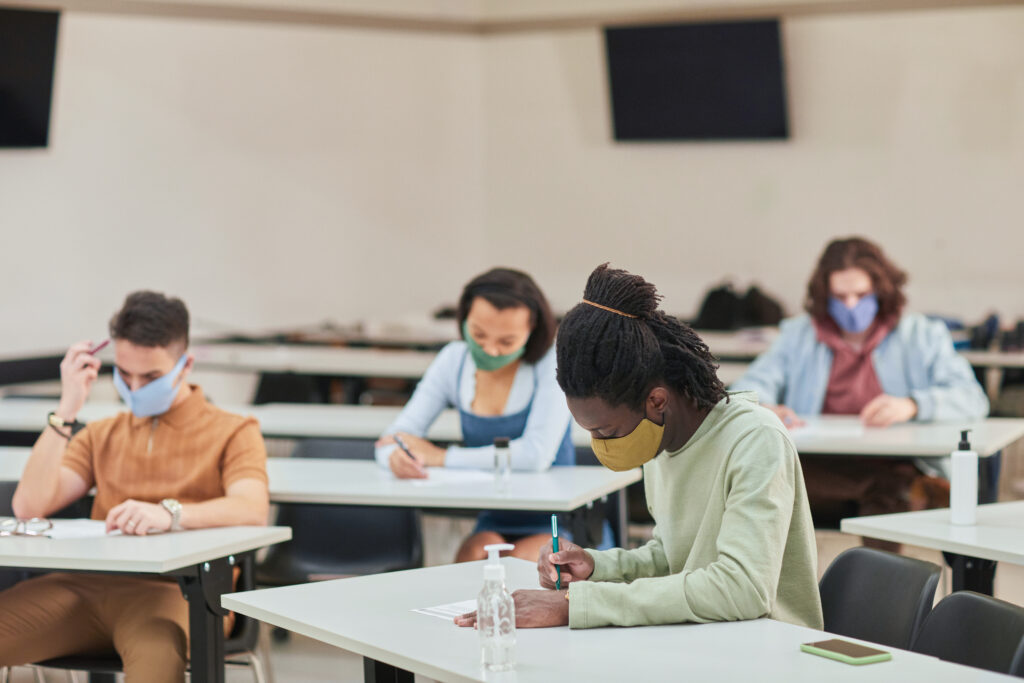The state Department of Education hosted a conference in Charleston to raise awareness of trauma, opioid addiction, and mental health challenges in schools, and to provide teachers, school counselors and other professionals with tools and strategies to address these issues.
The Student Support Conference is being held Nov. 29 through Nov. 30 at the Charleston Coliseum and Convention Center.
David Lee is the director of student support and wellbeing for the West Virginia Department of Education. He said teachers, and especially new teachers, aren’t always equipped to handle what they see in a classroom.
“So how do I know what to look for, for the emotional problems of a child? How do I address those issues? How do I learn to de-escalate situations in my classroom?” Lee said.
The conference is a chance to support professionals who are working in schools by teaching them ways to identify and address mental health and trauma in their students to better help them succeed in school and life.
“We’re dealing with kids that are coming from very difficult situations at home, and they’re walking in school, and we’re expecting them to just be normal, and that’s not possible with some of the situations that they are facing,” Lee said. “So how do we address that? How do we work with the counselors? How do we work with communities and schools?”
According to Lee, student mental health issues continue to rise because of the ongoing opioid epidemic in the state and recovery from the global COVID-19 pandemic.
“We’ve got to start teaching behaviors because we got kids that come to school that have no clue about behaviors,” Lee said. “Did COVID have a lot to do with that? It did, yes. But we’ve had these problems before. They’ve been masking a lot of ways, but now they are really showing their true colors right now, because of the isolation that kids went through.”
Lee said he hopes this training makes teachers proactive in their classrooms and teaches them to act instead of react to potential behavioral issues that may arise from problems at home.
“You’re not gonna solve all the problems in high school right now, that’s not going to happen,” Lee said. “But you’ve got to start a building block and I really think in the K through three, teaching those behaviors, modeling those behaviors and what it should be like, is a good foundation.”




















 Adobe Stock/Seventyfour
Adobe Stock/Seventyfour